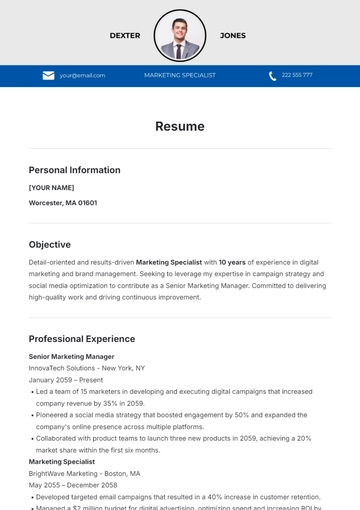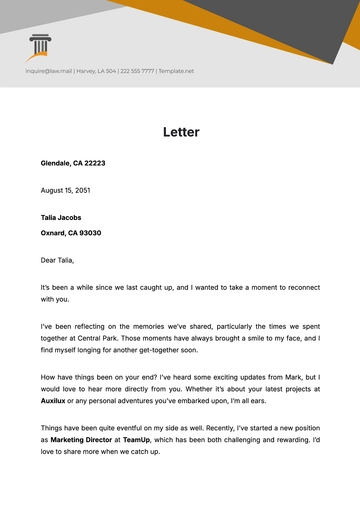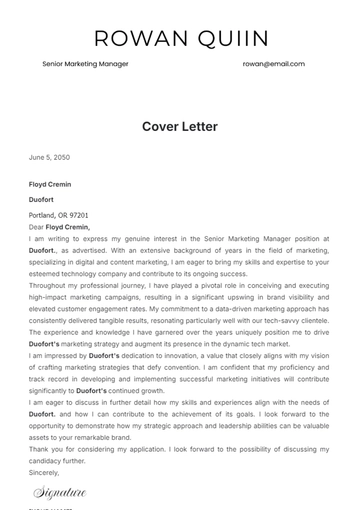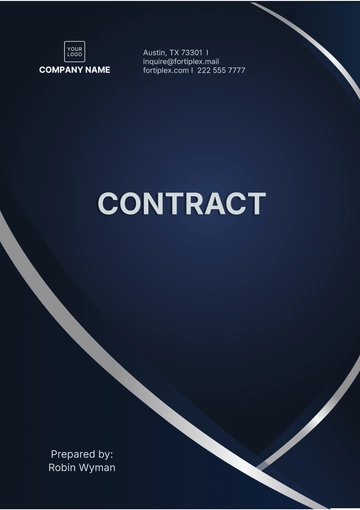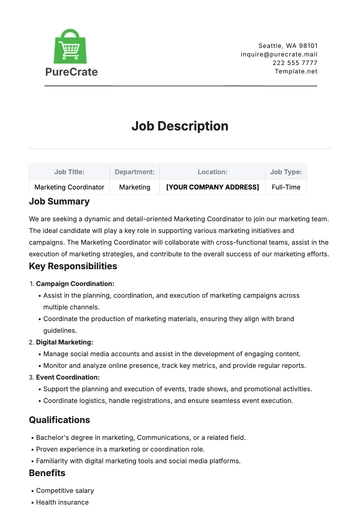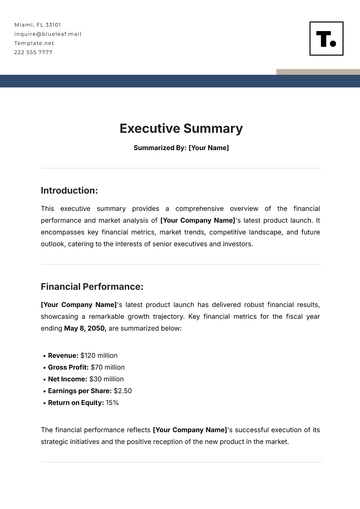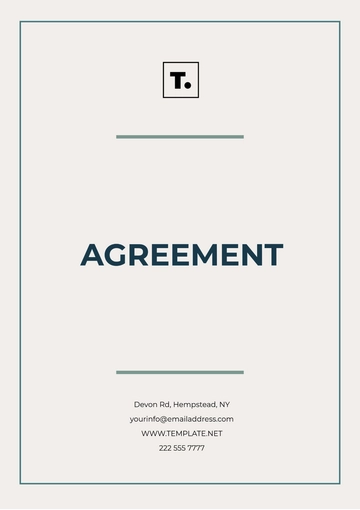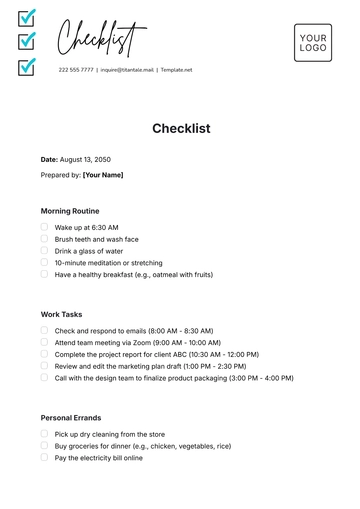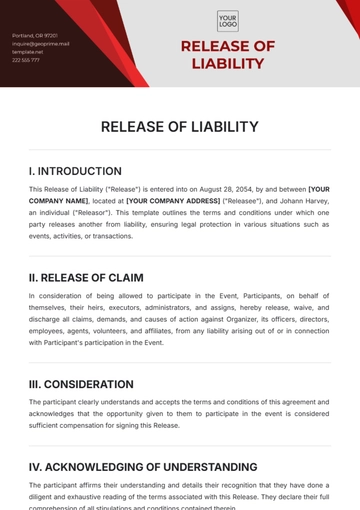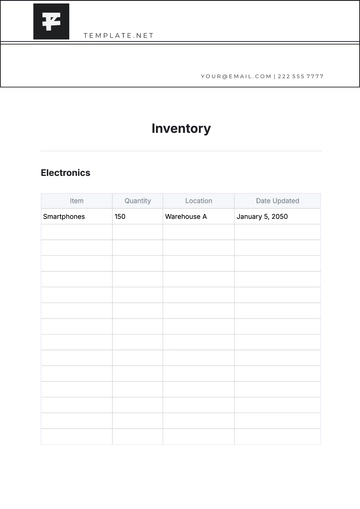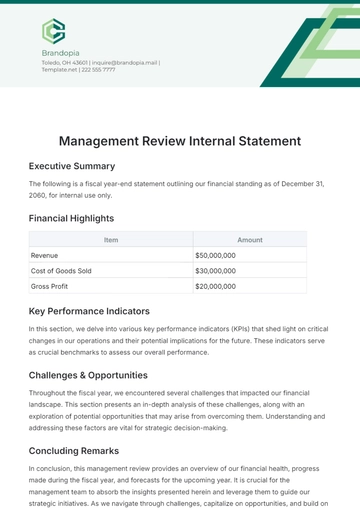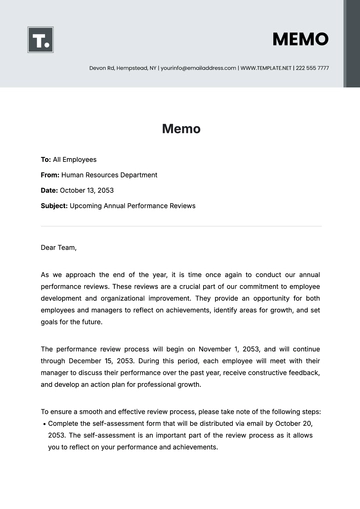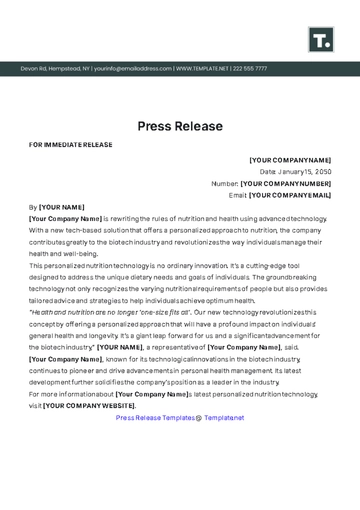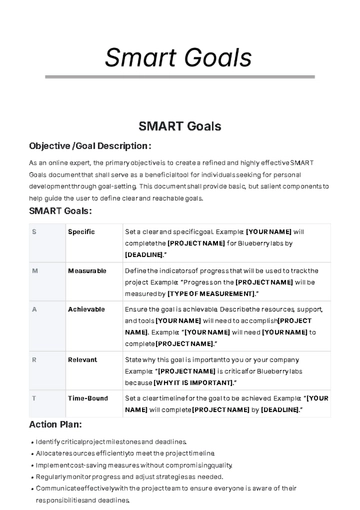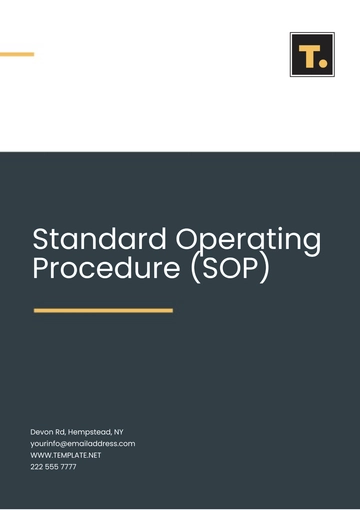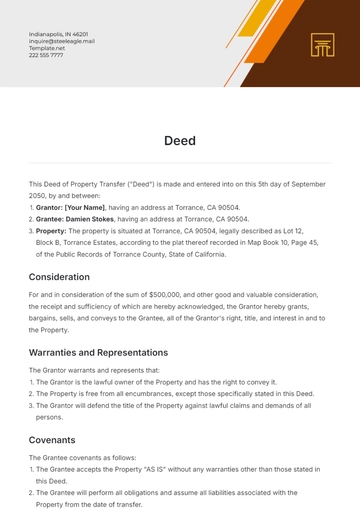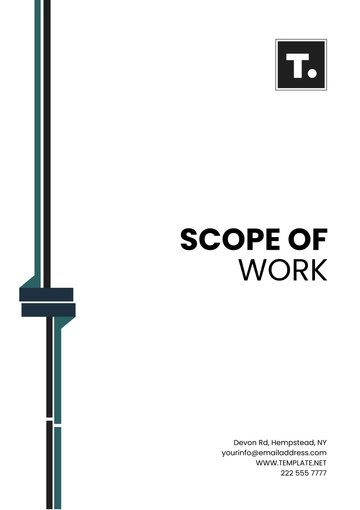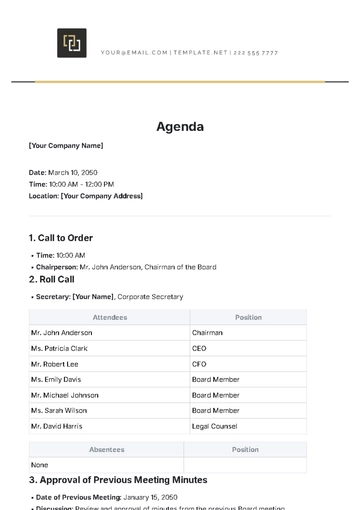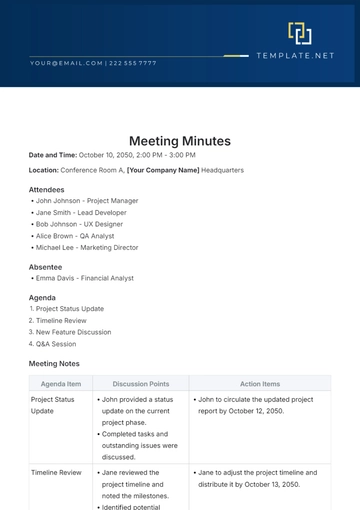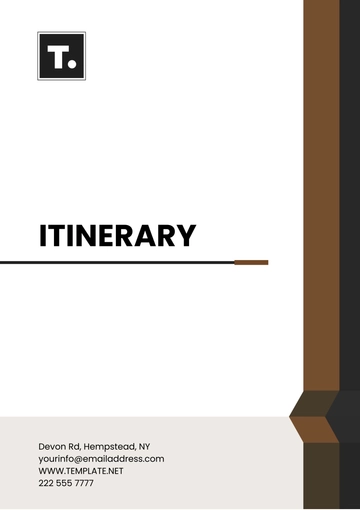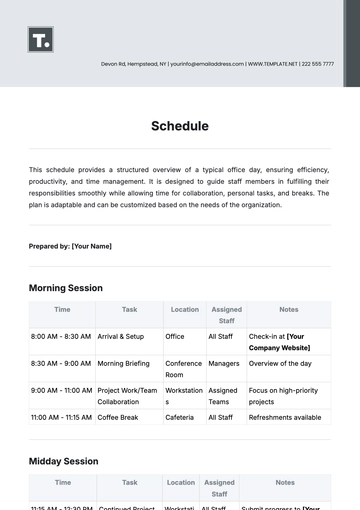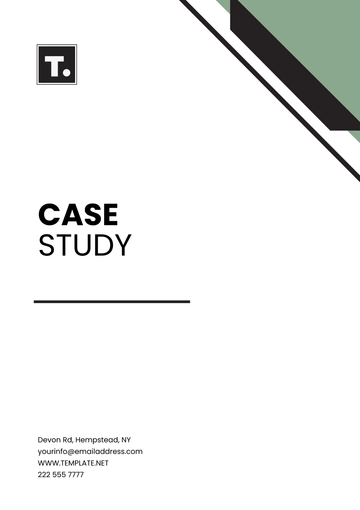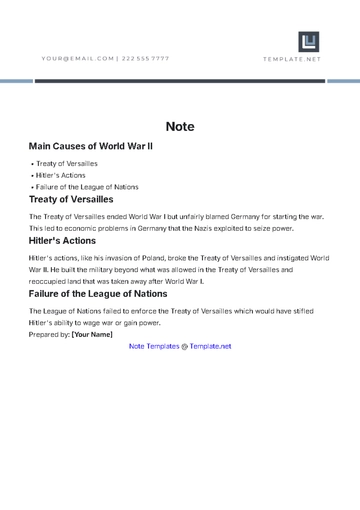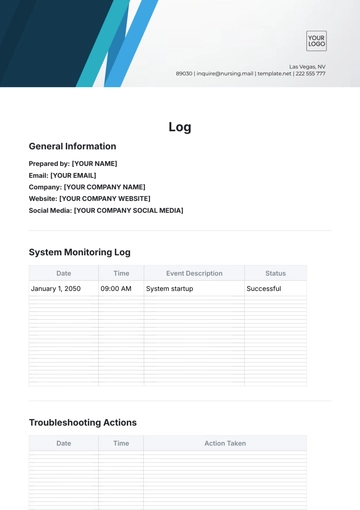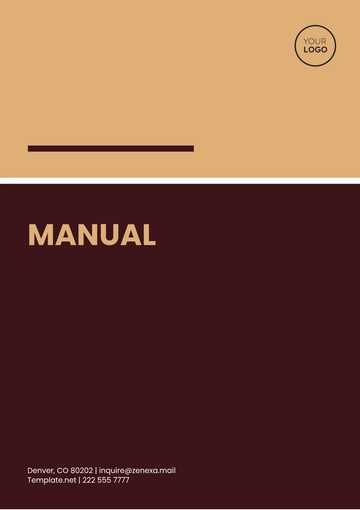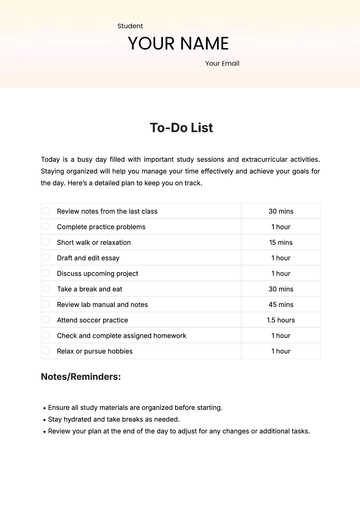Free Web Designing Course Syllabus
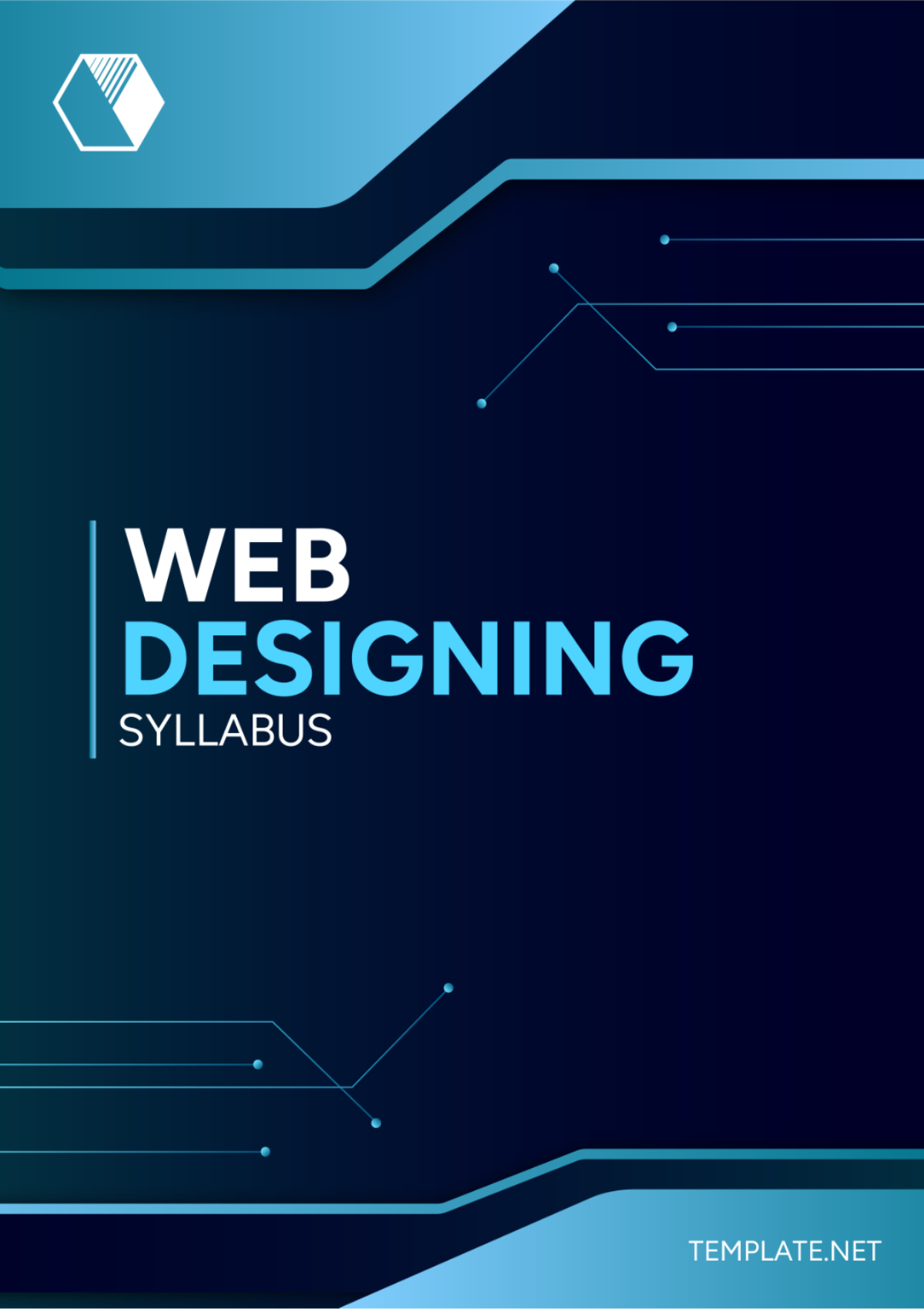
WEB DESIGNING COURSE
Course Title | [COURSE TITLE] |
Course Code | [COURSE CODE] |
Office Hours | [OFFICE HOURS] |
Class Location | [CLASS LOCATION] |
Class Time | [CLASS TIME] |
Class Duration | [DATE] - [DATE] |
1. Course Description
This course is intended for students seeking to acquire a solid foundation in the principles, techniques, and tools used in web designing. It offers both a theoretical and practical understanding of web design, allowing students to create aesthetically pleasing and efficient web platforms.
2. Instructor Information
Name: [YOUR NAME]
Email: [YOUR EMAIL]
Organization: [YOUR COMPANY NAME]
3. Learning Objectives
Upon completion of this course, students will be able to:
Understand and apply the fundamentals of web design.
Use HTML, CSS, Javascript, and other web tools proficiently.
Create and design a dynamic web page.
Implement responsive design to ensure websites are mobile and desktop friendly.
Understand the principles of UI/UX design and apply them to create user-friendly websites.
4. Course Schedule
Week | Topic | Assessment |
|---|---|---|
1 | Introduction to Web Design | None |
2 | HTML and CSS Basics | Quiz 1 |
3 | JavaScript Fundamentals | Quiz 2 |
4 | Responsive Design | Monthly Project 1 |
5 | UI/UX Principles | Quiz 3 |
6 | Advanced CSS Techniques | Monthly Project 2 |
7 | Web Accessibility | Midterm Assessment |
8 | Design Tools & Software | Quiz 4 |
9 | Final Project Presentations | Final Assessment |
5. Required Reading and Materials
HTML & CSS: Design and Build Websites by Jon Duckett.
Learning Web Design: A Beginner's Guide by Jennifer Niederst Robbins.
Adobe Dreamweaver CC Classroom in a Book by Adobe Creative Team.
Accessible and usable websites by Mike Paciello.
Don’t Make Me Think: A Common Sense Approach to Web Usability by Steve Krug.
6. Assignments and Assessments
Weekly Quizzes: Quizzes on the week's teachings will be conducted at the end of each week.
Class Participation: Active participation in class activities and discussions.
Monthly Projects: Creation of a web page applying the techniques learnt during the month will be evaluated.
Mid Term Assessment: Consisting of a written test and practical implementation of web design basics.
Final Assessment: Consisting of a written test and a comprehensive web design project.
7. Course Policies
No late projet submissions will be accepted, unless in case of a serious medical emergency, with proof.
Copying, or cheating of any kind, will result in strict disciplinary action.
Class participation will contribute towards final grading and learning process.
Respect for the ideas and opinions of others is expected at all times.
No recordings, video or audio, are allowed without prior approval.
8. Grading Policy
Component | Weight (%) |
|---|---|
Quizzes | 25 |
Class Participation | 15 |
Projects | 30 |
Final Assessment | 30 |
Disclaimer
We have applied every possible effort to guarantee that the information presented in this syllabus is accurate. Nevertheless, there may be instances wherein the instructor will need to reserve the right to make necessary adjustments to the syllabus. This could be necessitated by the need to meet certain learning objectives, or due to unexpected issues and reasons that are beyond our control.
- 100% Customizable, free editor
- Access 1 Million+ Templates, photo’s & graphics
- Download or share as a template
- Click and replace photos, graphics, text, backgrounds
- Resize, crop, AI write & more
- Access advanced editor
Discover the ultimate solution for crafting a comprehensive web designing course syllabus effortlessly with Template.net. Our editable and customizable template, seamlessly integrated with our Ai Editor Tool, empowers you to tailor each module to perfection. Elevate your curriculum creation experience and streamline your teaching journey with ease.
You may also like
Free
Free CV Template

- Resume
- Cover Letter
- Report
- Budget
- Lesson Plan
- Itinerary
- Resignation Letter
- Letter
- Job Description
- To Do List
- CV
- Proposal
- Business Plan
- Checklist
- List
- Smart Goal
- Executive Summary
- Agenda
- Analysis
- Press Release
- Memo
- Note
- Action Plans
- Script
- Essay
- Brief
- Syllabus
- Tracker
- Contract
- Agreement
- Bill of Sale
- Case Study
- White Paper
- Statement
- Will
- Deed
- Notice
- Scope of Work
